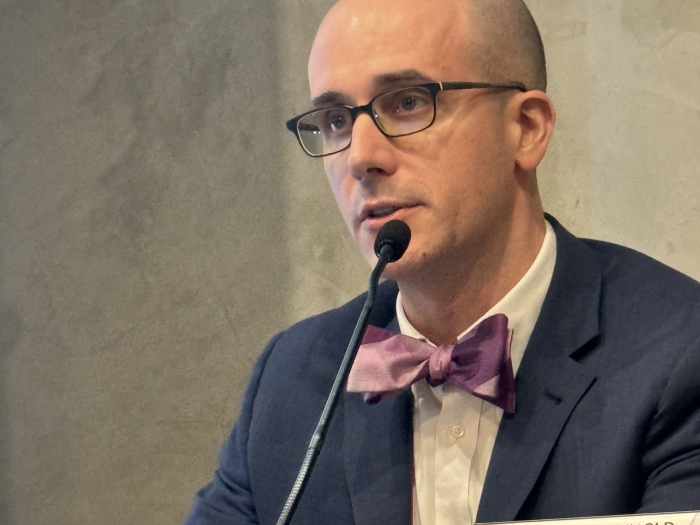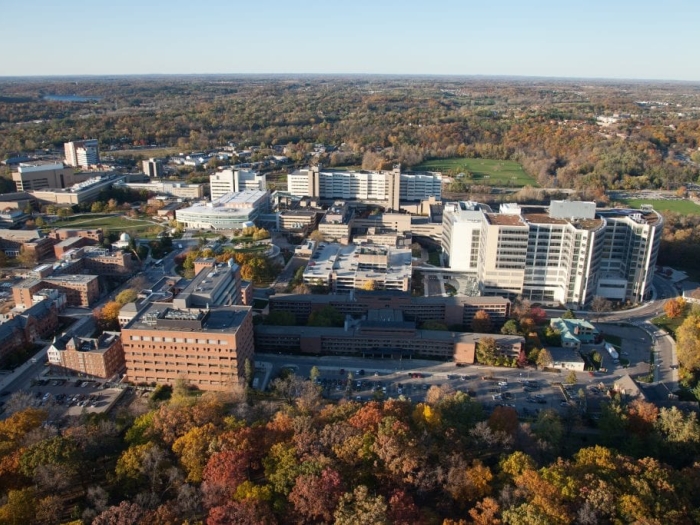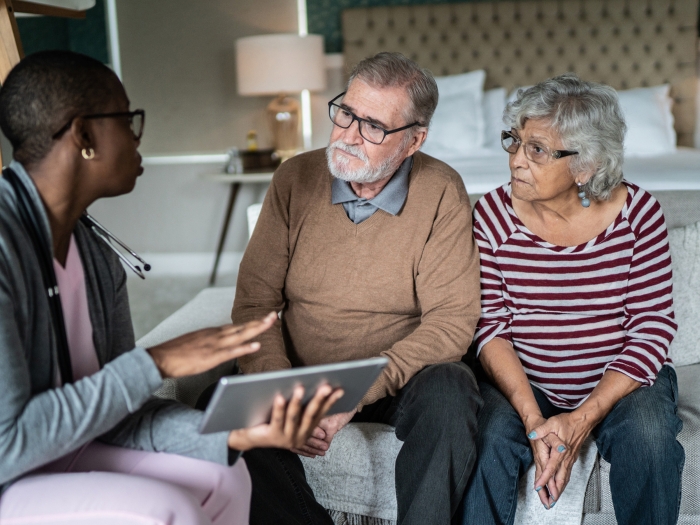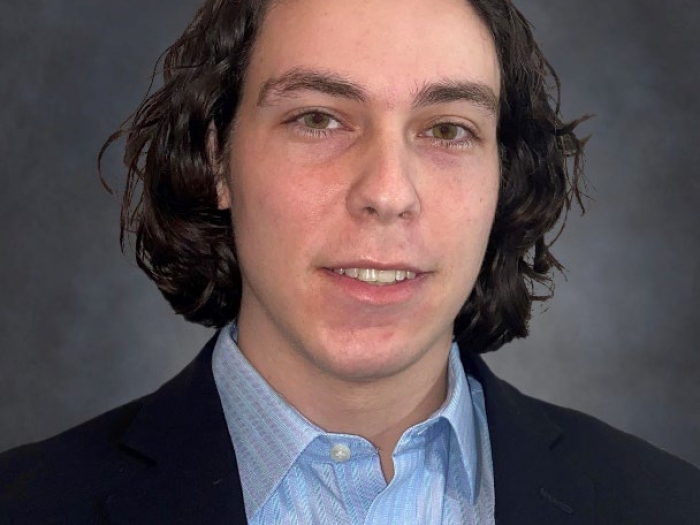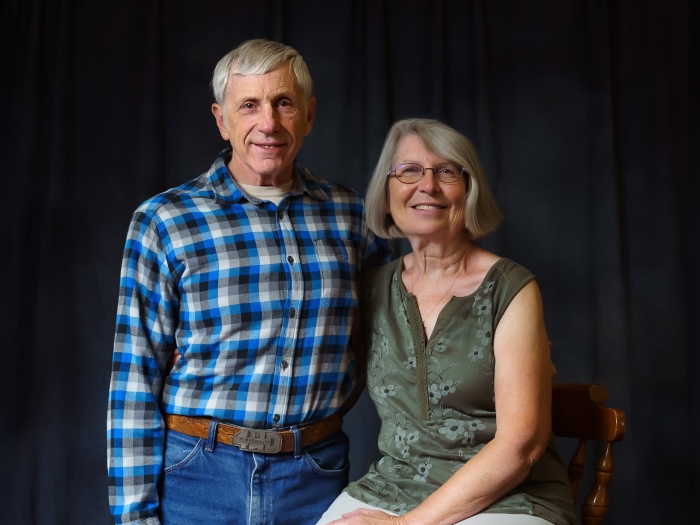Ruth: Healthcare Education and Access Liaisons, better known as HEAL, is the health care for the homeless group at the University of Michigan, where students partner with physicians and community health workers to provide basic medical care and social services to the members of the Ann Arbor community experiencing homelessness. Due to the variety of barriers that this population faces in accessing health care from an often unbending medical system as well as their historical mistreatment by health care providers, there is great complexity in HEAL's work. More than an act of service, HEAL is a learning opportunity for students to enter into these men's and women's spaces and act as witnesses to their suffering. We try to better understand their challenges with overcoming poverty, addiction, abuse, etc., so that we can provide culturally-competent health care and social services to the homeless.
A core component of HEAL's work are twice-weekly street runs, facilitated by Jim, a nurse/street navigator, and Dr. Russell Pajewski, an internist at Michigan Medicine. Each run is different, but all of them begin in the early morning at a local church and may include visits to camps, warming shelters or Washtenaw County Community Mental Health. First-year medical students Allan Metz and Eric Steinbrook describe their first street run experiences:
Allan: My HEAL run started on a cold morning at St. Andrew's Episcopal Church in Ann Arbor, where the church was serving a free breakfast to those in need like it has done everyday for the past 36 years. Another medical student and I went around to the individuals in the church, speaking with them about their day and getting to know their stories. Typically, our conversations would shift focus to their health concerns, with some individuals even wanting physical exams like blood pressure screening. We were able to help some individuals bandage up cuts and abrasions they had sustained since our group had visited with them last. We worked closely with a physician and a nurse while at the church, and this allowed us to address more pressing health concerns such as chest pain, flu-like symptoms, and stomach issues by helping to set up clinic appointments and writing prescriptions. Our team was also able to provide information on shelters to stay at if there was interest, or programs to help with food insecurities in this population. It was a really interesting and eye opening experience to see health care delivered in such an unsuspecting place outside of the typical settings I've experienced it. Even if the medically-related things we did that morning were just to address the symptoms of an ailment, starting the conversation around a person's health and how they can work to stay healthy seemed to be the real goal of the morning.
Eric: The four of us followed a lightly trodden path that led into the woods behind a local supermarket. We were on a "street run," part of HEAL's efforts to offer holistic care to the homeless of Washtenaw county. Our team--made up of a social worker, nurse, physician, and myself--makes weekly visits to camps, and no two visits are the same. We might provide medical care or help draft applications for county housing. Our mission is best summarized by Dr. Jim Withers, the Pittsburgh physician who founded the street medicine movement in 1992: "We offer health care that comes to you as you are, on your terms, accepts you, acknowledges your strengths, and that is committed to you no matter what."
That day we made visits to eight tents behind the parking lot. We met one man for the first time: he was new to Ann Arbor, and had just found his way to this camp. We recognized another man who was in particularly good spirits that day. We talked with him for 10 minutes about the long and difficult process to find stable housing, and our social worker set up a time to follow-up with him the next week. As we piled back into the car--off to visit another camp--I felt gratified to have started building relationships, which are at the foundation of HEAL's work.

Department of Communication at Michigan Medicine
Want top health & research news weekly? Sign up for Health Lab’s newsletters today!
